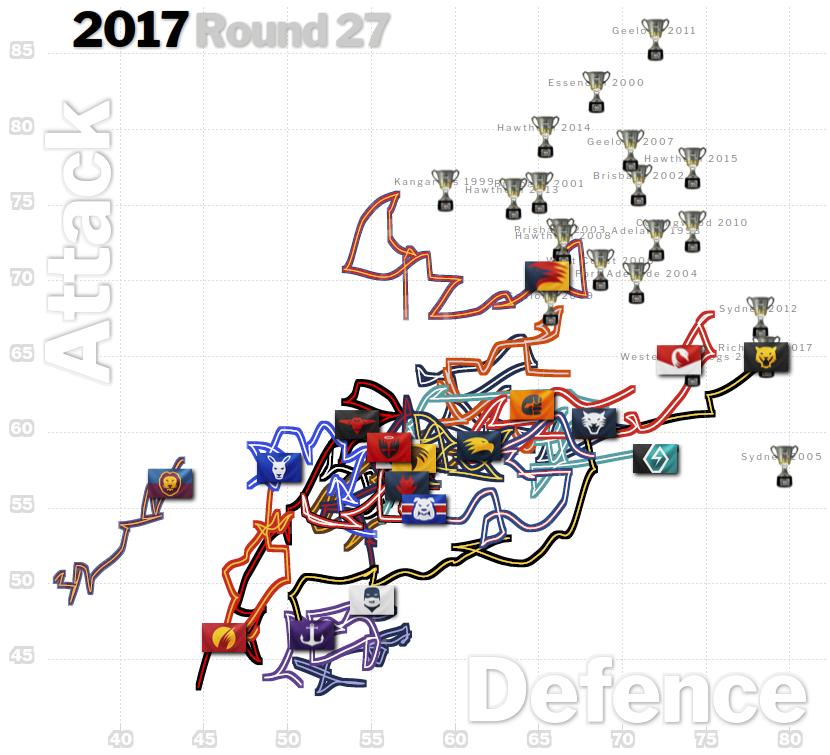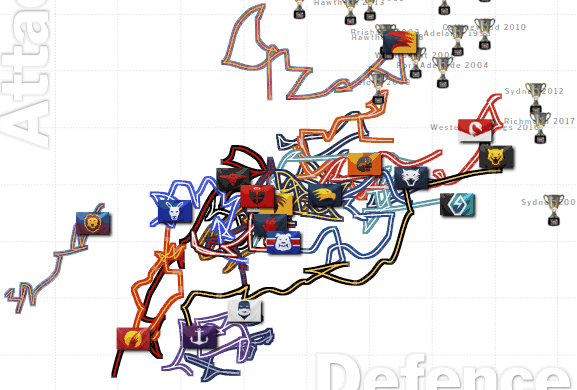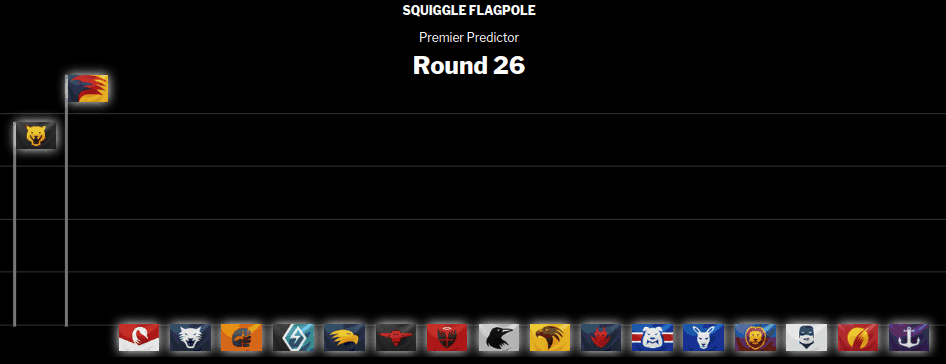Elton Johns Wig
Premiership Ruckman
- Moderator
- #1,876
Would never suggest that, never have. And in a shootout v Adelaide, they lose, no question.To suggest they come out looking for a shootout is preposterous. If they did that vS AdelAide they'd lose.








